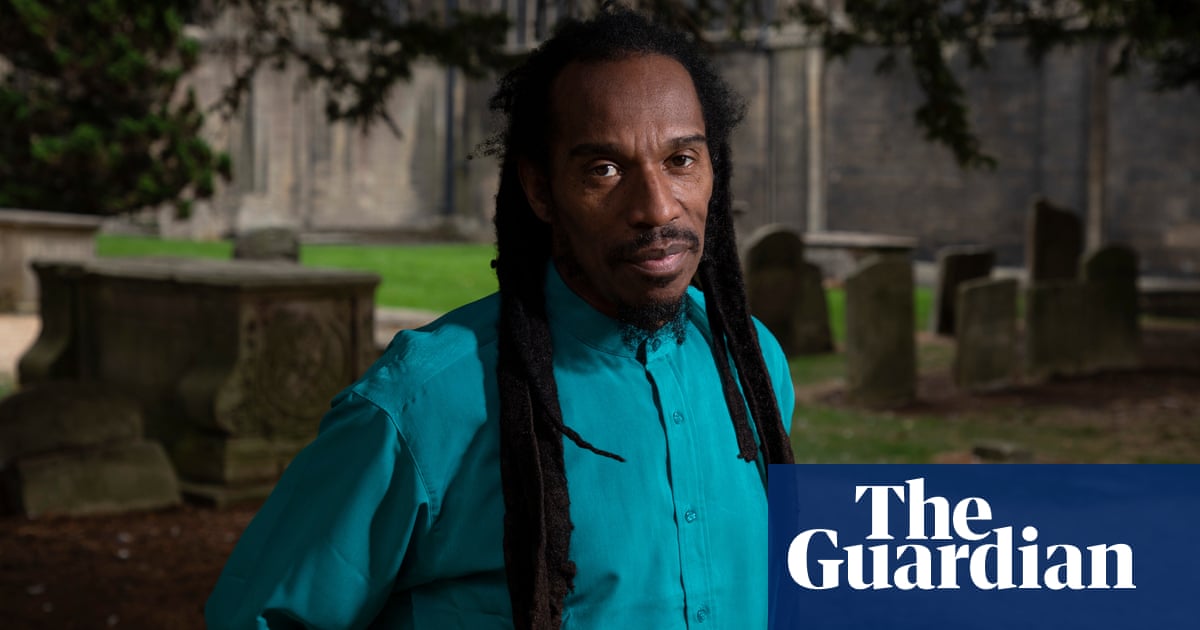The dub poet and author of collections including Talking Turkeys has died of a brain tumour
Benjamin Zephaniah, the British poet whose work often addressed political injustice, has died aged 65.
Zephaniah died in the early hours of Thursday morning after being diagnosed with a brain tumour eight weeks ago, a post on his Instagram page stated.
“Benjamin’s wife was by his side throughout and was with him when he passed,” the post read. “We shared him with the world and we know many will be shocked and saddened by this news. Benjamin was a true pioneer and innovator, he gave the world so much. Through an amazing career including a huge body of poems, literature, music, television and radio, Benjamin leaves us with a joyful and fantastic legacy”.
Zephaniah was born April 1958 in Handsworth, Birmingham, which he thought of as a “cold suburb of Kingston, Jamaica”. He began performing poetry locally in his early teenage years, before leaving school aged 14.
In 1979, he moved to London, and his first collection, Pen Rhythm, was published. He began performing at demonstrations, youth gatherings and outside police stations. “I was a big protester, not just against racism but also apartheid. We are a multicultural society but the institutions have to catch up with us,” he said in 2019.
His poetry often directly responded to historical and current events. His second poetry collection, The Dread Affair, was published in 1985 and featured a number of poems attacking the British legal system. In 1990, he published Rasta Time in Palestine, containing poetry and travelogue based on a visit to the Palestinian occupied territories. In 1999, he wrote What Stephen Lawrence Has Taught Us as part of the campaign to find the murderers of the 18-year-old south-east Londoner.
His work was heavily influenced by Jamaican music and poetry, and he was often classified as a dub poet. He also released a number of albums, and was the first person to record with the Wailers after the death of Bob Marley in a tribute to Nelson Mandela. Mandela heard the tribute while in prison, and later asked to meet Zephaniah. When a concert honouring Mandela was held at the Royal Albert Hall in 1996, Mandela asked Zephaniah to host it.
In the 1990s, his publications became more frequent; he released several collections including Talking Turkeys, Inna Liverpool and School’s Out: Poems Not for School. He also concentrated his performing outside Europe.
In 2003, Zephaniah rejected his OBE. “Me? I thought, OBE me? Up yours, I thought,” he wrote in the Guardian. “I get angry when I hear that word ‘empire’; it reminds me of slavery, it reminds of thousands of years of brutality, it reminds me of how my foremothers were raped and my forefathers brutalised.”
He wrote several novels including Refugee Boy, about political asylum, and Face, about a boy who suffers facial injuries after an accident. His autobiography, The Life and Rhymes of Benjamin Zephaniah, was published to coincide with his 60th birthday.



.